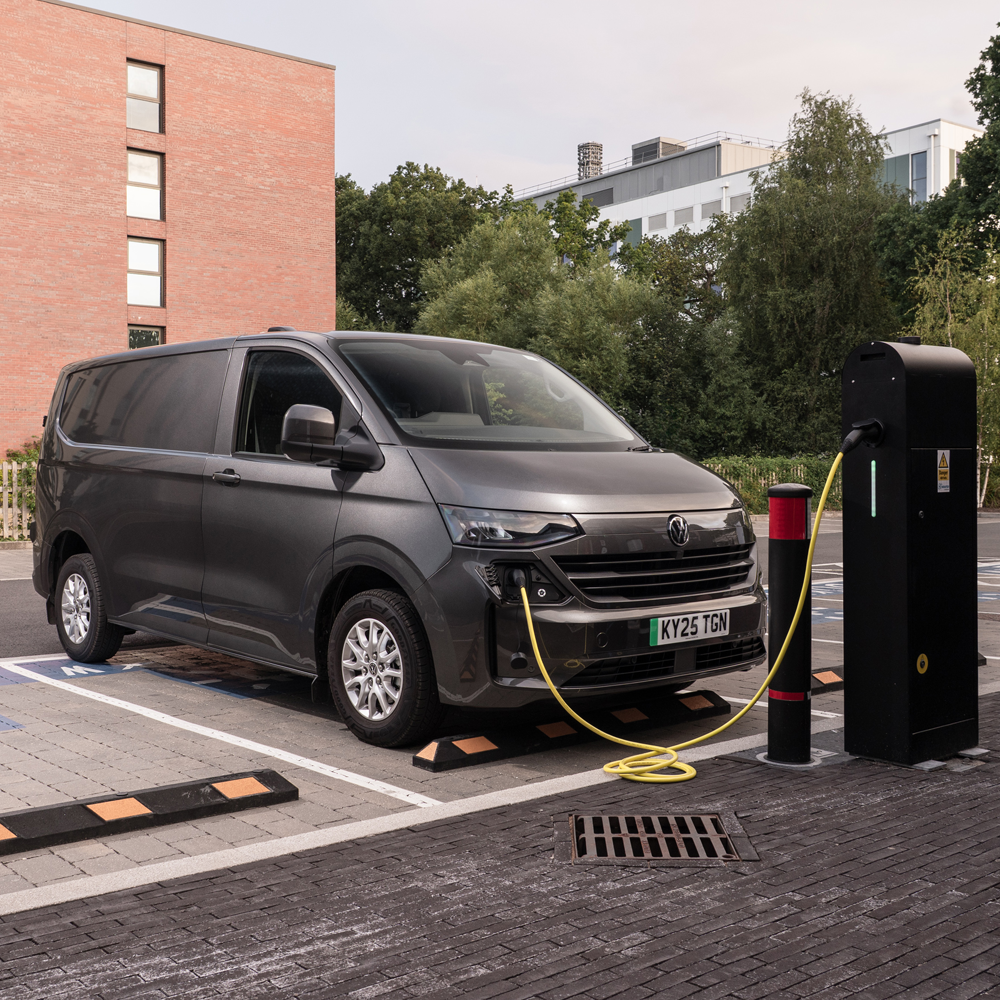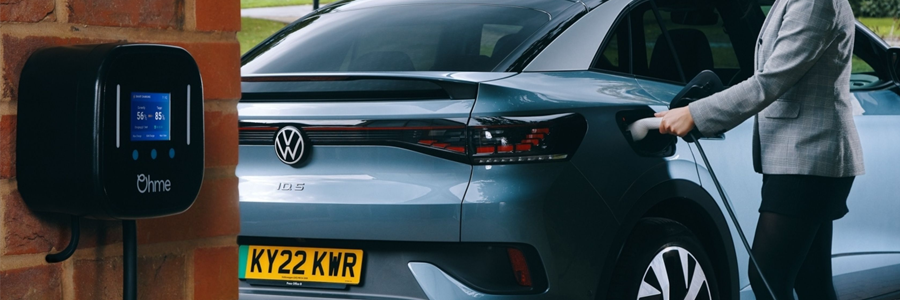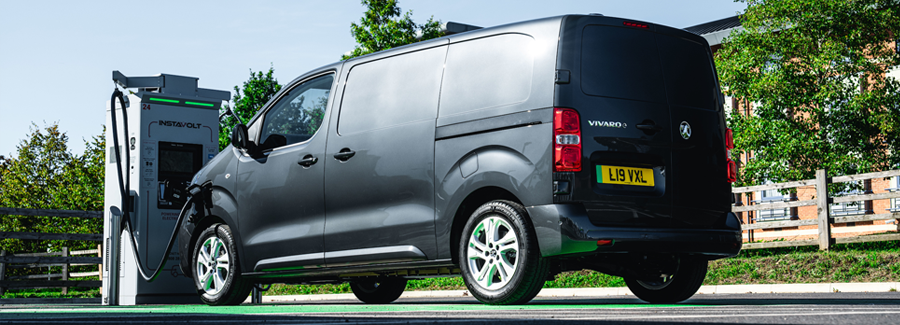
Company car market sees continued growth as EV adoption accelerates
Published 14th July 2025
The recently published HMRC annual report on Benefit-in-kind (BiK) statistics for the 2023/24 tax year indicates robust growth in the company car market, alongside a significant acceleration in the adoption of electric vehicles.
The total number of company cars recorded by HMRC increased by 80,000 units in 2023/24, reaching 840,000. This marks the third consecutive year of volume growth, although the figure remains below the 2015/16 peak of 960,000 units.
However, It's worth noting that the introduction of voluntary payrolling for company car benefits in April 2016 may lead to an underestimation of the actual total number of company cars.
Driving the zero-emission transition
The latest HMRC data provides strong evidence that company car schemes are instrumental in driving the zero-emission transition within road transport thanks to the benign company car taxation of electric vehicles.
- In the 2022/23 tax year, approximately 29% (220,000 out of 760,000) of company cars were fully electric.
- For the 2023/24 tax year, this proportion rose significantly to 41% (344,000 out of 840,000).
This represents a substantial increase from just 50,000 fully electric company cars in 2020/21. The growth trend for EVs within company fleets has been exponential as the availability of electric cars has increased and their suitability as business vehicles thanks to greater range:
- 2020/21: 50,000 EVs
- 2021/22: 125,000 EVs
- 2022/23:220,000 EVs
- 2023/24: 344,000 EVs
This surge in EV adoption has been a primary contributor to the reduction in CO2 emissions from company cars.
Significant reduction in CO2 emissions
The shift towards lower-emission vehicles within company fleets is evident in the dramatic reduction of CO2 emissions:
Twenty years ago, in 2002/03, 58% of company cars had CO2 emissions exceeding 165g/km.
In stark contrast, the 2023/24 statistics reveal that only approximately 1% of company cars now emit more than 165 g/km.
“We expect the trend towards the increasing uptake of company cars to continue in future years as drivers realise the significant tax savings they can enjoy by switching from a fossil-fuelled car to an electric one,” commented Rob Marshall, Operations Director at Gateway2Lease.
“There is also the added incentive for companies to engage with leasing electric company cars as part of a decarbonisation process under Environmental, Social and Governance strategies, which can also include wider staff access to electric cars through salary sacrifice.”
What does the BVRLA say about the figures?
The industry association - the British Vehicle Rental & Leasing Association - says it will continue to advocate for policies that enhance access to electric vehicles, particularly for lower-income individuals. A key proposal it wants to see the HMRC introduce is a lower BiK rate for used fully electric vehicles.
Key takeouts from the HMRC report
- the total taxable value of company car benefit was £3.27 billion in 2023 to 2024, down from £3.6 billion in 2022 to 2023
- the number of reported fuel benefit recipients was 40,000 in 2023 to 2024; down from 50,000 in the previous year, which continues a downward trend no doubt because of the shift to EVs
- the average reported CO2 emission of company cars including electric cars was 56 g/km, compared to 71 g/km in the previous tax year. For cars with internal combustion engines the average was 91 g/km
- diesel cars account for 13% of company cars in 2023 to 2024 following a steady decline from 76% of company cars in 2017 to 2018
- the total taxable value of all Class 1A taxable benefits in kind was £8.9 billion in 2023 to 2024, a decrease of £0.2 billion from the previous year



